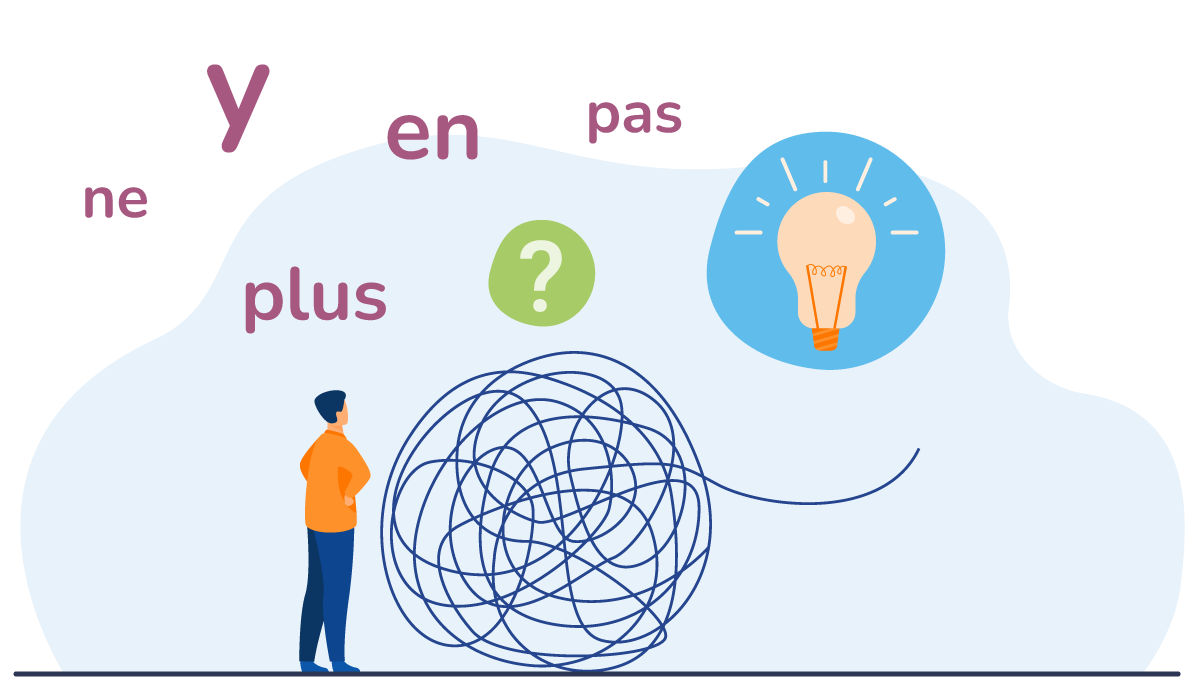Everything you need to know about DELF
The DELF or Diplôme d’Études en Langue Française is the official qualification certifying that a person has acquired advanced knowledge of French language. DELF’s are offered around the world by education centers, universities, and also DELF examination centers on all five continents. DELF examinations focus on four main areas: Reading, Writing, Listening and Speaking. DELF examinations are composed of four tests corresponding to these areas. DELF is pronounced DEL-FÉ in French.










